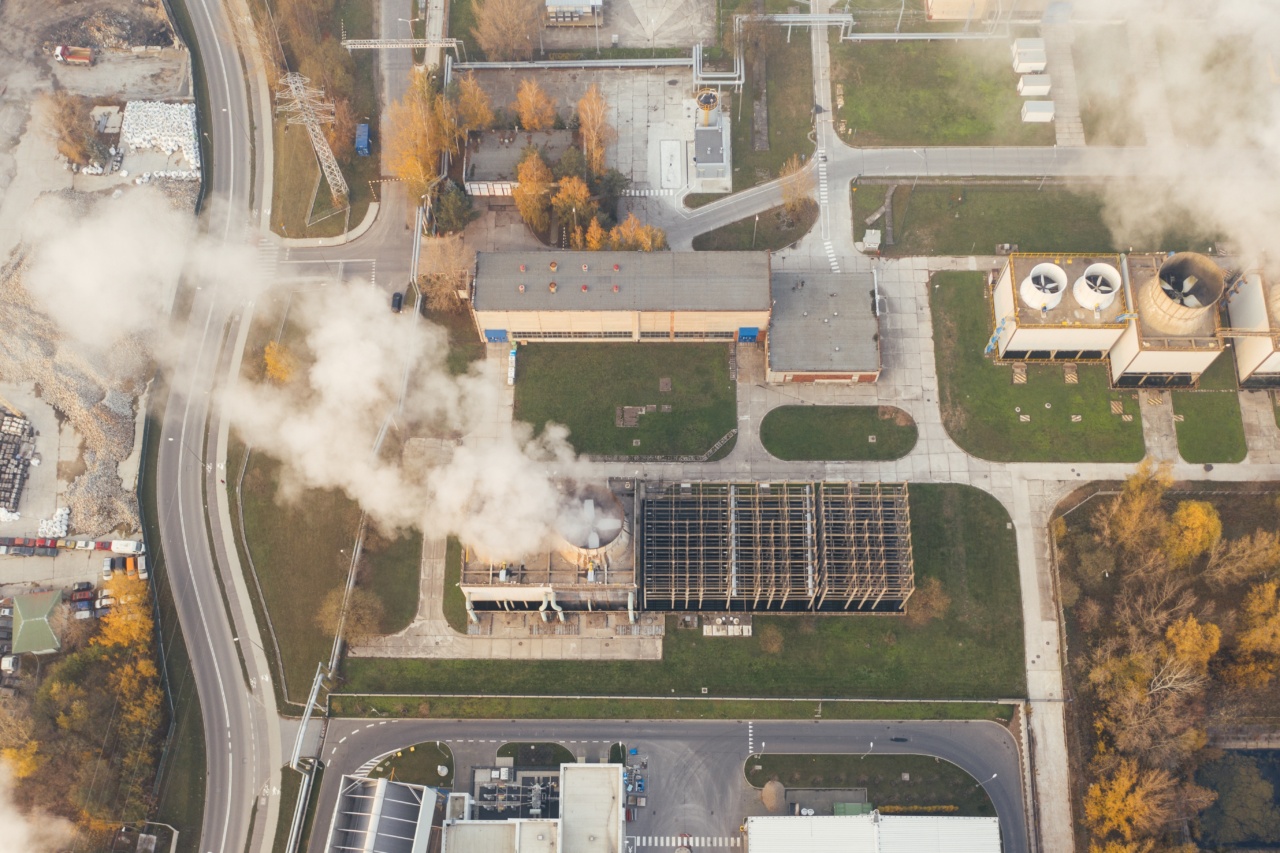Emphysema is a respiratory disease that affects the air sacs – alveoli – in the lungs. The condition is characterized by the destruction of the walls of the alveoli, leading to the formation of larger, less efficient air sacs.
As a result, the lungs’ ability to transfer oxygen into the bloodstream is significantly compromised, leading to shortness of breath, coughing, and wheezing.
Recent studies have linked emphysema with air pollution caused by climate change, and this article will explore the connection between the two.
How Climate Change Affects Air Pollution
Climate change has a complex and wide-ranging impact on air pollution. The rise in temperatures caused by anthropogenic greenhouse gas emissions can lead to more frequent and severe weather events such as heatwaves and droughts.
These events can increase the concentration of air pollutants in the atmosphere, particularly ozone and particulate matter.
The effects of climate change on air pollution can also be seen in how it affects plant growth. Rising temperatures can lead to changes in flowering and growing seasons, creating an imbalance in the ecosystem.
This can result in the release of volatile organic compounds, which can react with other pollutants in the atmosphere, leading to higher levels of ground-level ozone.
Connection between Emphysema and Air Pollution
Research has shown that people who live in urban areas with high levels of air pollution have a higher risk of developing respiratory illnesses such as emphysema.
The toxic particles in air pollution can penetrate deep into the lungs and cause inflammation and oxidative stress that can damage the alveoli.
A study published in the American Journal of Respiratory and Critical Care Medicine in 2019 found that exposure to particulate matter air pollution was associated with lung function decline and an increased risk of emphysema.
Researchers analyzed CT scans of over 7,000 participants and found that those who were exposed to higher levels of air pollution had more visible emphysema.
Another study published in the Lancet found that air pollution was the fourth-leading cause of death worldwide.
The study estimated that air pollution caused 6.1 million premature deaths in 2016, with the highest concentrations of air pollution in South Asia and East Asia.
The Health Effects of Emphysema
Emphysema is a chronic and progressive disease that can significantly impact an individual’s quality of life. The most common symptoms include shortness of breath, wheezing, fatigue, and a persistent cough.
As the disease progresses, people with emphysema may experience chest tightness and discomfort and become easily exhausted, limiting their ability to perform daily activities.
Emphysema is an incurable disease, and treatments aim to manage symptoms and delay the disease’s progression.
Strategies for managing emphysema include quitting smoking, oxygen therapy, pulmonary rehabilitation, and medication to improve lung function.
Tackling Air Pollution: The Way Forward
Air pollution is a global public health concern, and tackling it requires immediate and concerted action.
Governments and organizations around the world are undertaking significant efforts to reduce air pollution and promote cleaner, more sustainable practices.
Some strategies to reduce air pollution include:.
- Investing in renewable energy sources such as solar, wind, and hydroelectric power
- Encouraging the use of public transportation, electric cars, and bikes.
- Adopting sustainable urban planning practices such as green spaces, bike lanes, and pedestrian areas.
- Regulating industries that are significant contributors to air pollution.
- Promoting more sustainable and efficient farming practices.
In addition to these measures, individuals can take steps to reduce their impact on air pollution.
These include:
- Reduce energy consumption at home by unplugging devices and turning off lights when they are not in use
- Use eco-friendly cleaning products that do not contain toxic chemicals.
- Avoid burning wood or other solid fuels, especially in densely populated areas.
- Bike or walk instead of driving alone.
- Plant trees and shrubs, which absorb carbon dioxide and other pollutants.
Conclusion
Emphysema is a devastating respiratory disease that affects millions of people worldwide. Research has shown that air pollution caused by climate change is linked to a higher risk of developing emphysema and other respiratory illnesses.
Reducing air pollution requires immediate and concerted efforts from governments, industries, and individuals. By adopting sustainable practices and reducing our carbon footprint, we can help to mitigate the damaging effects of air pollution and create healthier, more resilient communities.






























